Naomi Klein's 6 favorite books
The activist writer recommends works by Ursula K. Le Guin, Mary Shelley, and more

A free daily email with the biggest news stories of the day – and the best features from TheWeek.com
You are now subscribed
Your newsletter sign-up was successful
The Fire Next Time by James Baldwin (Vintage, $14).
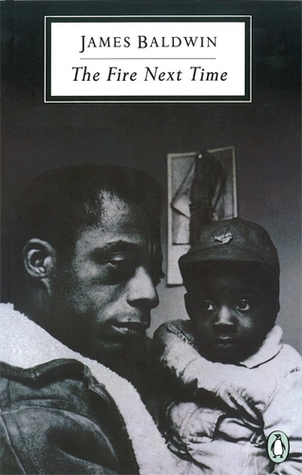
Published in 1963 amid the throes of the civil rights movement, Baldwin's classic is painfully relevant today. Written largely in the form of a letter from Baldwin to his nephew, the book is a call to channel righteous fury into a powerful resistance.
Open Veins of Latin America by Eduardo Galeano (Monthly Review, $22).
The Week
Escape your echo chamber. Get the facts behind the news, plus analysis from multiple perspectives.

Sign up for The Week's Free Newsletters
From our morning news briefing to a weekly Good News Newsletter, get the best of The Week delivered directly to your inbox.
From our morning news briefing to a weekly Good News Newsletter, get the best of The Week delivered directly to your inbox.
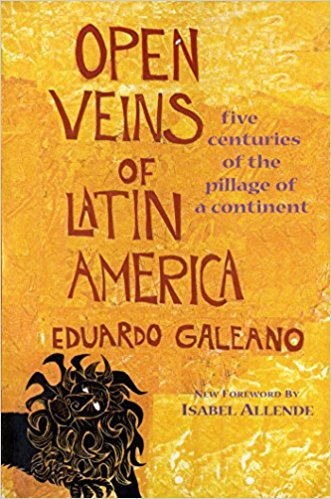
Galeano, who died in 2015, was a Uruguayan journalist and novelist. In his incendiary, poetic, and uncomfortable history of the Americas, published in 1971, he compiled a series of historical vignettes that weave together colonialism's omnipresent themes: genocide, extraction, and exploitation.
Cloud Atlas by David Mitchell (Random House, $17).
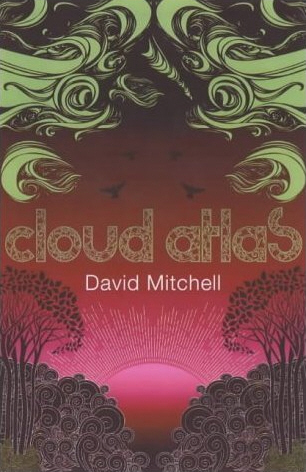
Another form-defying work. Mitchell leaps across space and time to tell six seemingly disconnected stories in different styles. "Only as you gasp your dying breath shall you understand, your life amounted to no more than one drop in a limitless ocean," one of his characters writes. "Yet what is any ocean, but a multitude of drops?"
The Dispossessed by Ursula K. Le Guin (Harper Voyager, $8).
A free daily email with the biggest news stories of the day – and the best features from TheWeek.com
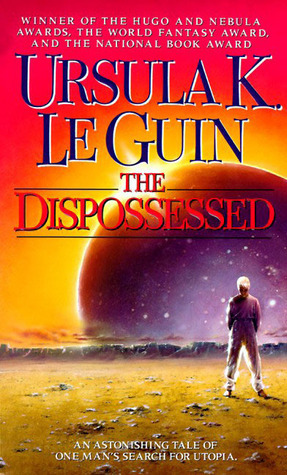
In a sea of dystopian sci-fi, this 1971 novel is a rare example of successful utopian fiction. Set on the imaginary planets of Urras and Anarres — stand-ins for the United States and Soviet Union — The Dispossessed paints a hopeful and complex portrait of a society rooted in collectivism.
Silent Spring by Rachel Carson (Houghton Mifflin Harcourt, $16).
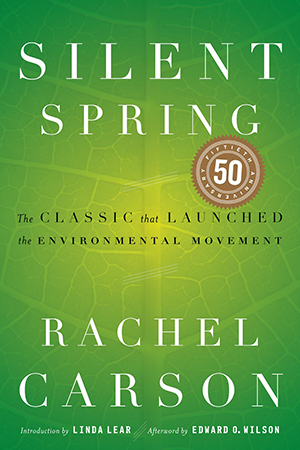
Carson's book draws its enduring power from the combination of her deep love for the natural world and her indignation at the attacks waged upon it by the chemical industry. A former marine biologist, Carson was battling an aggressive cancer when she wrote this 1962 masterpiece.
Frankenstein by Mary Shelley (Dover, $6).
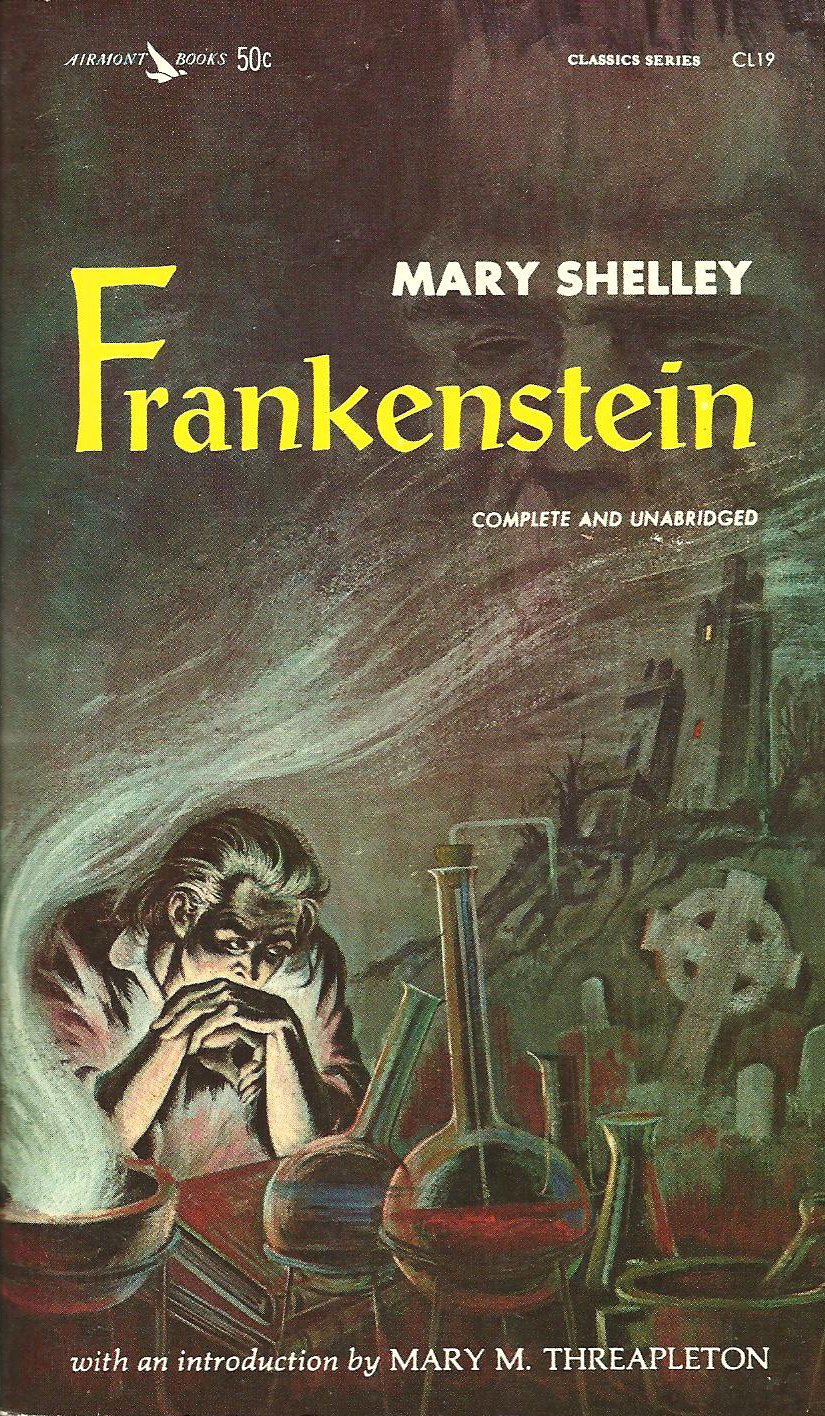
Victor Frankenstein created a monster when he took his experiments to a devastating extreme. Today, nearly 200 years after the publication of Shelley's novel, the pursuit of limitless data and our attempts to exert technological control over nature are producing even more disastrous outcomes — and this time, they're global.
— Writer and activist Naomi Klein is the author of The Shock Doctrine and the anti-globalization manifesto No Logo. Her latest best-seller, No Is Not Enough: Resisting Trump's Shock Politics and Winning the World We Need, was published in June.
-
 The Olympic timekeepers keeping the Games on track
The Olympic timekeepers keeping the Games on trackUnder the Radar Swiss watchmaking giant Omega has been at the finish line of every Olympic Games for nearly 100 years
-
 Will increasing tensions with Iran boil over into war?
Will increasing tensions with Iran boil over into war?Today’s Big Question President Donald Trump has recently been threatening the country
-
 Corruption: The spy sheikh and the president
Corruption: The spy sheikh and the presidentFeature Trump is at the center of another scandal